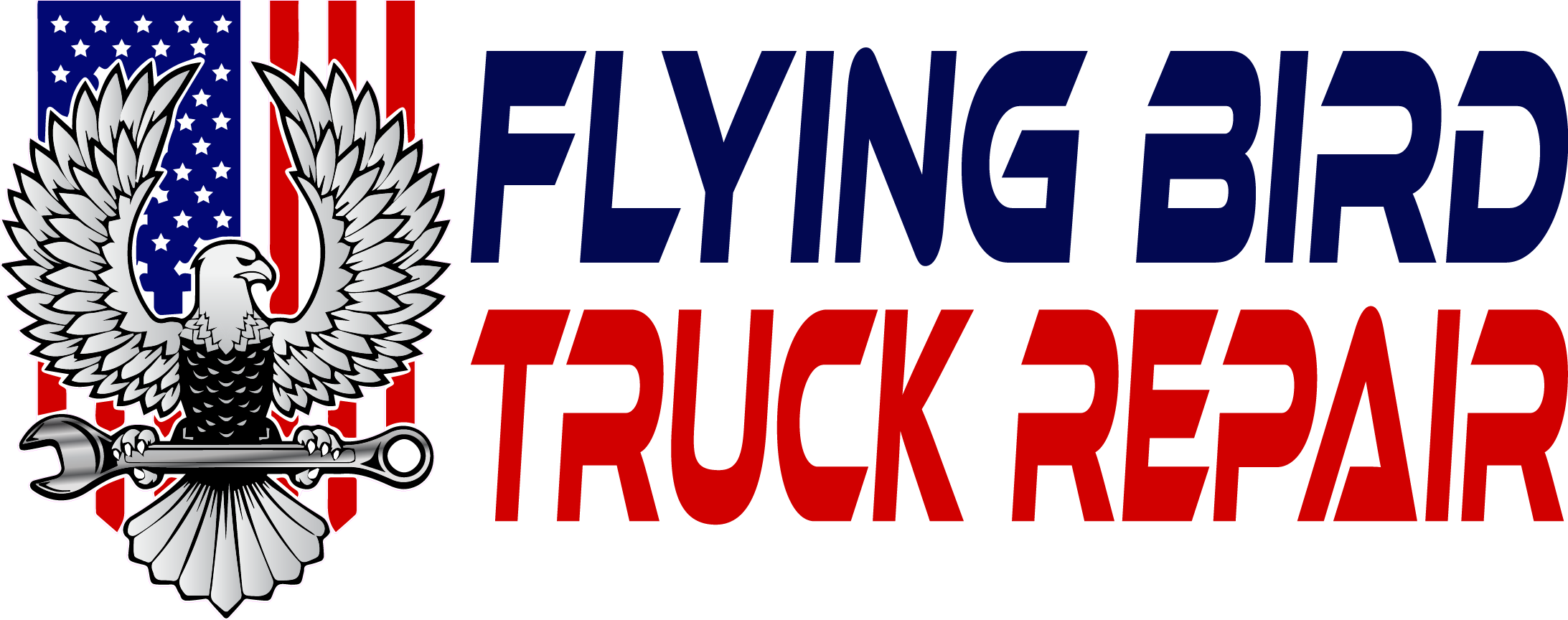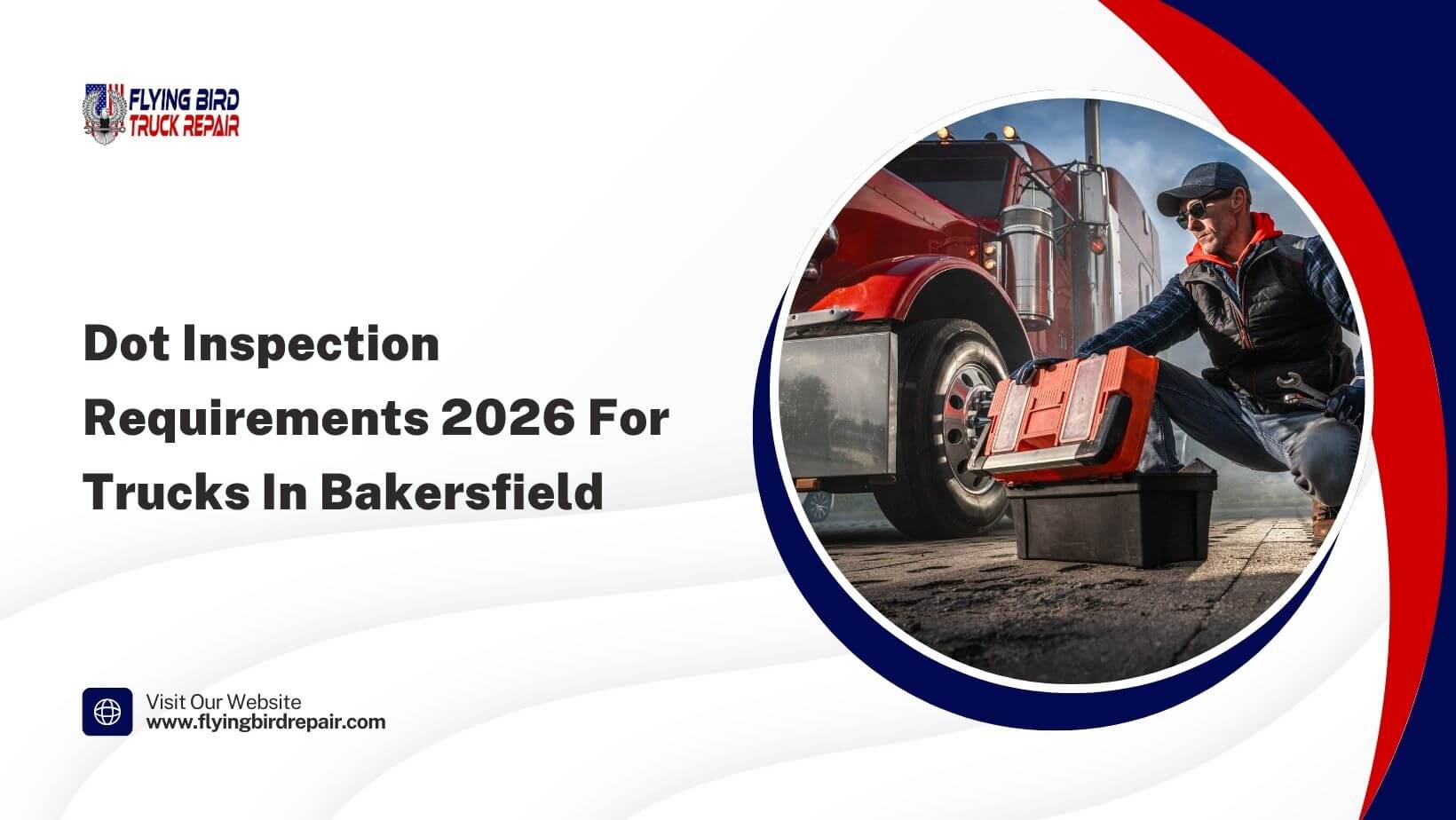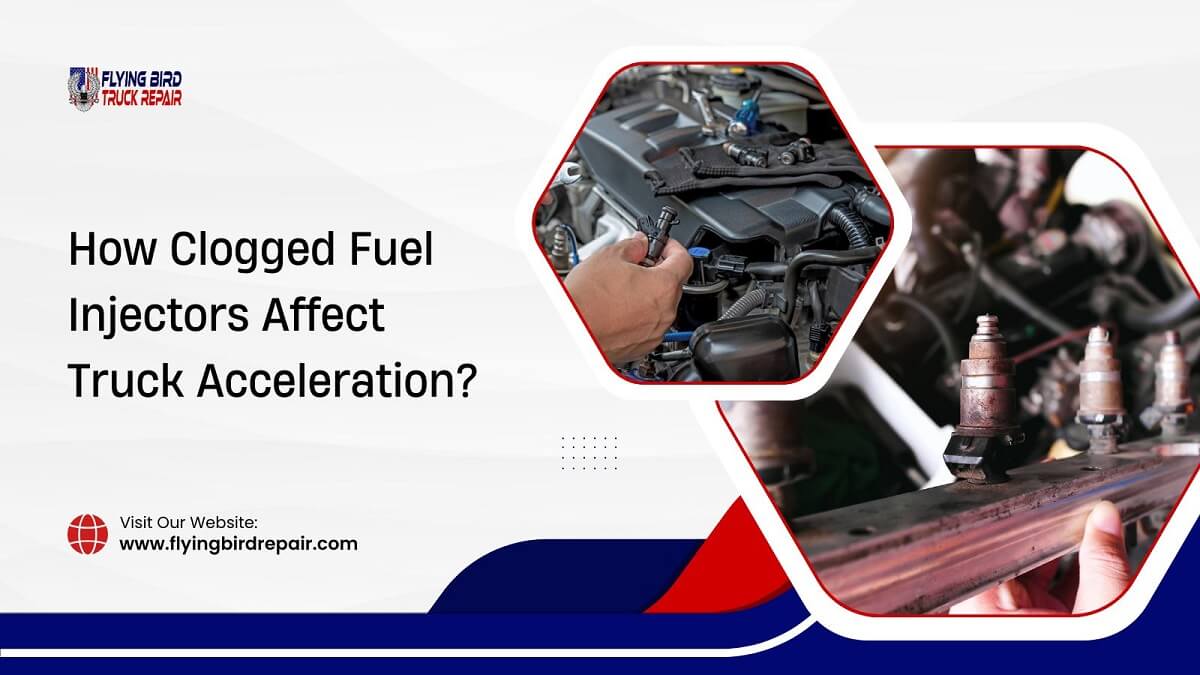If you use your truck to tow heavy loads—whether it’s work equipment, trailers, or long-haul cargo—you already know how much harder your vehicle has to work compared to average driving. That constant pressure, weight, and stress make oil maintenance one of the most critical tasks to keep your engine healthy and avoid unexpected repairs.
Changing your oil isn’t just a routine checkmark. It’s a protective habit that keeps your truck moving, prevents costly damage, and extends your vehicle’s working life.
In this guide, we’ll walk through real-world oil change tips for trucks that are regularly used for towing. Whether you’re a contractor, long-haul driver, or weekend warrior, this is your go-to guide for getting the most life and power out of your truck.
Why Oil Is Even More Important for Towing Trucks
Let us begin with a simple fact: Towing puts additional strain on your engine.
That means:
- More heat is generated
- Engine parts move faster and harder
- Oil breaks down quicker
- Friction increases
When this happens, worn-out oil cannot effectively protect your engine. This leads to faster wear and tear, reduced performance, and eventually, bigger repair bills. That’s why drivers who tow must follow a different oil change schedule than regular truck owners.
Think of oil like water for your body—the more you sweat (work), the more you need to hydrate. The same is true for your engine when you’re towing.
1. Follow a Shorter Oil Change Schedule
Towing increases stress on your engine, which means your oil wears out faster. One of the most basic but most crucial oil change tips for trucks is to shorten your oil change intervals.
Instead of the usual 7,500 to 10,000 miles, try changing your oil every 3,000 to 5,000 miles when towing regularly.
If you drive in hot weather, steep grades, or haul extra-heavy loads, you may even need to change it more often. Don’t wait until the engine feels “off.” Stay ahead with a tight truck maintenance schedule.
2. Select the Right Oil for the Job
Your truck deserves the best protection when it’s pulling weight. Using the best engine oil for towing heavy loads can dramatically improve performance and longevity.
Consider:
- Full Synthetic Oil – Offers high heat resistance, long life, and better lubrication under stress.
- Towing-Specific or Heavy-Duty Oils – Some oils are engineered specifically for load-bearing applications.
- Manufacturer Recommendations – Your truck’s manual is your blueprint. Stick to recommended viscosities like 5W-30 or 10W-40.
Tip: Trucks running diesel engines especially benefit from synthetic blends designed for oil change for towing trucks.
3. Don’t Neglect the Oil Filter
The oil filter is crucial in safeguarding your engine. It traps debris and metal shavings that can damage engine parts.
When towing, your filter works harder, too. Every time you change your oil, make sure you replace it.
Choose a high-performance oil filter rated for heavy use. Skimping on filters can undo the benefit of high-quality oil.
4. Watch for Dirty or Burnt Oil
Always inspect your oil during routine checks. If the oil looks dark, thick, or smells burnt, it’s time for a change, no matter what your mileage is.
Dirty oil = red flag.
It’s not doing its job of cooling and lubricating. This can lead to:
- Poor fuel economy
- Engine overheating
- Increased friction
Catch it early, and you’ll avoid serious damage and keep your truck upkeep on a budget.
5. Check Your Oil Levels Weekly
Towing trucks tend to burn or consume oil faster than normal trucks. Engine stress may rise due to low oil levels.
Make it a practice to check your dipstick every week, especially before lengthy travels.
If you see the level lowering repeatedly, it could be a leak or excessive oil burn. Either way, get it checked during your next truck maintenance service.
6. Consider Seasonal and Terrain-Based Adjustments
Terrain, temperature, and heat all have an impact on oil performance.
- Hot weather thins oil faster
- Cold weather thickens it and slows circulation
- Hilly terrain means higher RPMs and more friction
If you tow in extreme conditions, you’ll need more frequent oil changes and possibly a different oil blend for those seasons.
7. Use Towing Alerts as a Maintenance Reminder
Many modern trucks have onboard systems that can track engine hours or towing activity. These systems can notify you when it is time for service.
Don’t ignore the “Maintenance Required” or “Change Oil Soon” messages. They’re triggered based on real-time engine data and towing load, not just a calendar.
8. Be Mindful of Engine Warning Signs
Your engine will often tell you when it’s in trouble. Common symptoms of bad engine oil in trucks include:
- Louder engine noise
- Vibration while idling
- Decrease in fuel economy
- Unusual smell inside the cabin
- Exhaust smoke
- Oil light on the dashboard
If you see any of these truck oil change warning signals, stop and check the oil right away. Don’t risk engine damage.
9. Record Your Oil Changes
Want to stay on top of your oil change frequency for towing trucks? Keep a maintenance log.
You can use:
- A glovebox notebook
- Maintenance tracking app
- Service receipts with mileage noted
This helps avoid missed changes and builds value if you ever sell your truck.
10. Bundle Maintenance Together
When you undertake an oil change, consider inspecting or servicing:
- Truck DPF filter cleaning
- Tire alignment
- Coolant levels
- Transmission fluid
- Mobile truck diagnostics for on-the-go issues
Towing puts more stress on all truck systems, not just the engine. Staying ahead of maintenance extends the life of your truck and prevents failures on the job.
Common Oil Change Mistakes to Avoid
Even seasoned drivers can slip up. Be mindful of the following potential errors:
| Mistake | Why It’s Bad |
| Waiting too long between changes | Oil breaks down, causing engine damage |
| Using the wrong oil | Can’t handle towing heat or pressure |
| Forgetting to change the filter | Dirty oil cycles back into the engine |
| Ignoring dashboard lights | Early signs of deeper issues |
| Overfilling oil | Can cause foaming and pressure damage |
Stay sharp. These small habits prevent big headaches.
Advantages of Proper Oil Maintenance for Towing Trucks
Why all this effort? Because smart oil care pays off in big ways:
- Improved engine life
- Better fuel efficiency
- Fewer emergency repairs
- More towing power and stability
- Peace of mind on long hauls
- Lower truck maintenance costs over time
The best part? Most oil changes take 30-45 minutes and cost far less than a tow or engine rebuild.
FAQs: Oil Changes for Towing Trucks
Q1: What type of oil is best for trucks that tow?
Full synthetic oil is the top choice. It’s designed to handle heat and stress better than conventional oil, making it perfect for towing.
Q2: How often should I change oil if I tow heavy loads often?
Every 3,000–5,000 miles, or sooner if you notice performance issues. Always adjust for terrain and climate.
Q3: What happens if I skip oil changes?
Skipping leads to dirty, broken-down oil, which can cause overheating, friction, engine damage, and even complete failure.
Q4: Can I use high-mileage oil for towing?
Yes—if your truck is older or has 75,000+ miles, high-mileage synthetic oil is a great choice. It has chemicals that shield worn-out engine components.
Conclusion: Treat Your Truck Right, It’ll Reward You
Your truck is more than a vehicle—it’s your workhorse, your income, and your daily driver. When you tow heavy loads, you’re asking a lot from your engine. The least you can do is give it the protection it needs with routine, thoughtful oil changes.
From using the right oil to following a shorter maintenance schedule, these oil change tips for trucks will help you avoid breakdowns, reduce repair costs, and keep your engine running stronger, longer.
And if you’re unsure where to start, search for a trusted truck oil change near me or book a visit with your local truck repair services. Staying proactive keeps your wheels—and your work—moving without interruption.




